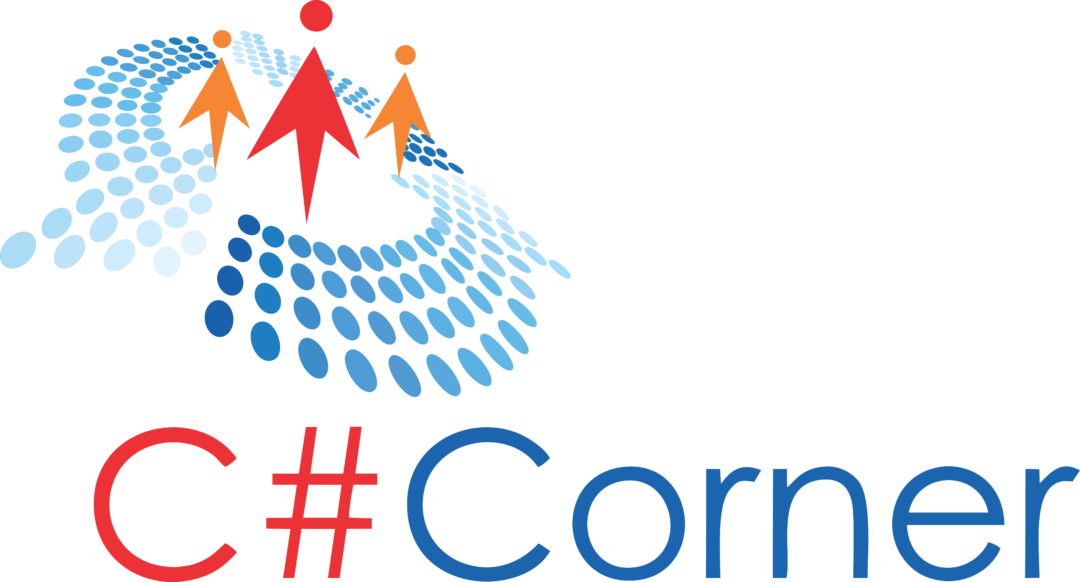The Best of the Best Code Quality Conference
is kicking off on June 02, 2023
- The duration of each session is 50 min
- It’s a one-day conference on June 02, 2023
- The target audience will be developers and IT Professionals
- The conference will be multi-streamed on all C# Corner social media platforms i.e. Facebook, YouTube, Twitter, Twitch, and C# Corner Live platform
Speakers for 2023

Mahesh Chand
Founder C# Corner Inc and Mindcracker
Joseph Guadagno
Microsoft Developer Services MVP, Senior Director at Rocket Mortgage, .NET Foundation Board of Directors, Organizer of Desert Code Camp
David McCarter
Microsoft MVP, C# Corner MVP, Software Architect, Code Quality Zar, Speaker, Trainer, Inventor, Mentor
Dipa Mehta
C# Corner MVP and Web Application Developer
Vahid Farahmandian
Software Engineer, Book Author, Speaker
Bhasker Das
Chief Strategy Officer at MCN Solutions Pvt Ltd
Kendrick Curtis
Director of Technology at CodacySchedule for 2023
All time metioned below are in Eastern Time (US)
Welcome Note

Application Architecture Patterns

Architecting an application can be challenging. What do you do to keep your application flexible to ever-constant requirement changes? How do you handle landscape changes (cloud, on-premises, databases)? How do you avoid over-engineering the application? How do I make sure my application plays well with other applications?
In this session we’ll take a look at some well-understood and practiced Software Architecture patterns. We’ll cover these patterns at a high level to understand how to use these patterns in different scenarios.
You’ll walk away with some knowledge, tips, and tricks that you’ll be able to use for new and existing applications.
Embracing Agile

This session will explain the Agile methodology, which projects will benefit from an Agile approach, and how to implement one effectively. Love for your work.
11 Must Know Libraries For .NET Developers

Being a good software architect doesn’t mean building software and launching it but also knowing what is out there and how to integrate the best solution in your projects. Even though Microsoft’s .NET is one of the most powerful and complete frameworks to develop all kinds of software, there are still some third-party libraries that help you build better software.
Code Quality Analysis in Azure DevOps Pipelines

There are various criteria for evaluating code quality. It is especially important to evaluate these metrics during continuous integration pipelines. In this session I'm going to introduce different code quality metrics and also show how you can analyze them during continuous integration pipelines using Azure DevOps.
Architecting Secure-First Software for Developers

In this session, software developers will learn what and how to architect software apps that are secure and hack-proof.
AI vs Rule-based Static Code Analysis

AI is the hot topic in development right now. Everyone is using LLMS for something! But can AI beat a rule-based static analysis system on correctness, consistency and cost? What can AI bring to the code quality party? Is auto fixing the future of static code analysis?
We would love to open up the discussion about the impact of AI in the maintainability and quality of code, in light of Codacy's new launch: Quality AI, the next generation of auto correction for software development.
Röck Yoür Cöde: Coding Standards for Microsoft .NET

Is your application or service running slow? Are they gobbling up too much memory? Do you have to reboot servers or services every once in a while, and you have no idea why? Well, I know exactly why! I have reviewed millions of lines of code from Microsoft .NET projects and hands down, the number one issue is not handing disposable types correctly.
Microsoft .NET has been around for 20 years and one thing that is very critical for every developer to know is exactly how memory management works in the runtime. If you don’t, you will cause performance issues but more serious is causing virtual memory leaks. The way that .NET was designed back in the late ’90s is that it does not have memory leaks in the true sense, but it can create virtual memory leaks.
In this session, I will show examples and metrics from a real-world in production solution. If developers do not deal with these types when the code is first written, it will be very, very expensive and time-consuming to fix later down the road (if they even get fixed). The main topics covered in this session are properly disposing objects, how to properly implement the IDisposable interface for types that you create, and I will finish up by showing tools that can help you find these issues so you too can be a Code Shark!
Closing Note

Rockin' the Code World Live Show
hosted by David McCarter every Saturday at 01:00 PM Eastern Time (US)
featuring Scott Hunter, Woody Zuil, Mads Torgersen, Julie Lerman, Jeremy Likness, Mark Brown, Mark Miller, Brady Gaster, Richard Lander, Jeff Fritz, Kathleen Dollard, Kedra Havens, Leslie Richardson, Claire Novotny, Carl Franklin, and many many more...

Help Kids in India Slums
Voice of Slum NGO in India
This conference will raise money for an NGO -Voice of Slum in India. David McCarter is asking all of his followers around the world (software engineers, musicians, friends, family, and more) to donate as much as they can this holiday season to help the kids that really, really need our support. Especially after the last two years!

Get in touch
Burning question or request? We endeavor to answer all inquiries within 24 hours on business days.
C# Corner
Organiser of the Conference
C# Corner, headquartered in Philadelphia, PA, is an online global community of 3 million software developers. C# Corner serves 5+ million visitors with 9 million page views each month. We publish the latest news and articles on cutting-edge software development topics. Developers share their knowledge and connect via content, forums, and chapters. Thousands of members benefit from our monthly events, webinars, and conferences. We also provide tools for career growth such as career advice, resume writing, training, certifications, books and whitepapers, and videos.
🔗 Join C# Corner today for free.



